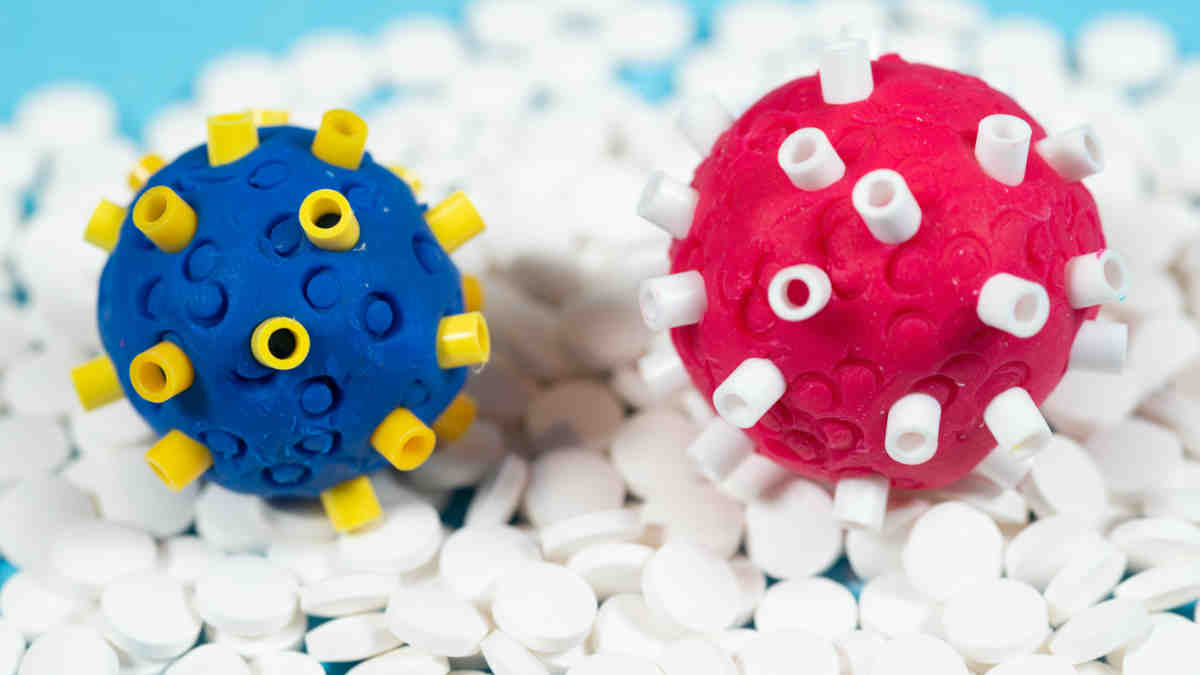PharmAust’s upcoming Phase 1 clinical trials receive major boost with the production of smaller tablets

The successful demonstration batch of smaller monepantel tablets has given PharmAust the confidence to manufacture the GMP version, ahead of its upcoming Phase 1 clinical trials. Image: Getty
The successful demonstration batch of smaller monepantel tablets has given PharmAust the confidence to manufacture the GMP version, ahead of its upcoming Phase 1 clinical trials.
PharmAust (ASX:PAA)’s two upcoming Phase 1 human clinical trials have just received a major boost, following the successful production of smaller-sized non-GMP monepantel (MPL) tablets.
A total of 2,000 demonstration batch tablets were successfully produced using the same process used to produce the previous larger tablets.
The smaller size tablets, which will be used for the upcoming motor neuron disease (MND) and COVID-19 Phase 1 clinical trials announced two weeks ago, will have a lower MPL dose per tablet than those for cancer.
“It is a great outcome to convert from large to small dose tablets so quickly,” commented PharmAust’s chief scientific officer, Dr Richard Mollard.
Mollard said the smaller dose tablets were also shape-modified to facilitate swallowing for individuals with motor neuron disease.
The particle size, bulk density and solid fraction of the smaller tablets remain similar to the larger ones, which means that PharmAust can now begin to manufacture the GMP version with confidence.
“Having the stability set up for the demonstration batch now means that PharmAust can have the three-month accelerated stability studies completed in time to support an early start to the clinical trials once the GMP tablet batch is finalised,” Mollard said.
Manufacturing of the GMP tablets is scheduled for February 2022, while the two clinical trials are expected to start concurrently in May 2022.
COVID-19 and MND Phase 1 trials
PharmAust has demonstrated MPL’s antiviral effectiveness in three independent laboratories in both primate and non-primate studies.
In July, the company announced that these laboratories have completed examining the effects of MPL on SARS-CoV2 infection, which is the causal agent of COVID-19 disease.
For the upcoming COVID-19 clinical trial, PharmAust has successfully undergone primary diligence on potential trial sites, with six centres now expressing interest.
The company is now preparing the trial design, while engaging local contract research associates to assist running the sites using an appropriate MPL study protocol.
Meanwhile, the Phase 1 trial of MND follows a $900k funding from AFL-linked charity, FightMND.
The upcoming MND clinical trial will look specifically into patients with Amyotrophic Lateral Sclerosis/Motor Neurone Disease (ALS/MND) – a condition that became widely known following the affliction of renowned physicist, Stephen Hawking.
If effective, MPL could reduce the rate of degeneration and loss of motor neurons in the anterior horns and motor nuclei of the brainstem for affected patients.
This article was developed in collaboration with PharmAust, a Stockhead advertiser at the time of publishing.
This article does not constitute financial product advice. You should consider obtaining independent advice before making any financial decisions.
Related Topics

UNLOCK INSIGHTS
Discover the untold stories of emerging ASX stocks.
Daily news and expert analysis, it's free to subscribe.
By proceeding, you confirm you understand that we handle personal information in accordance with our Privacy Policy.








